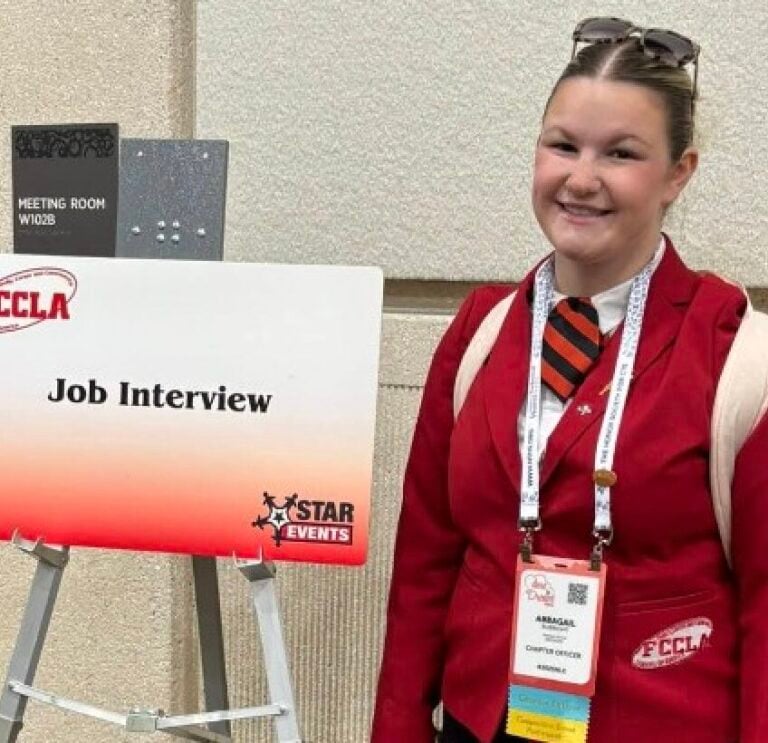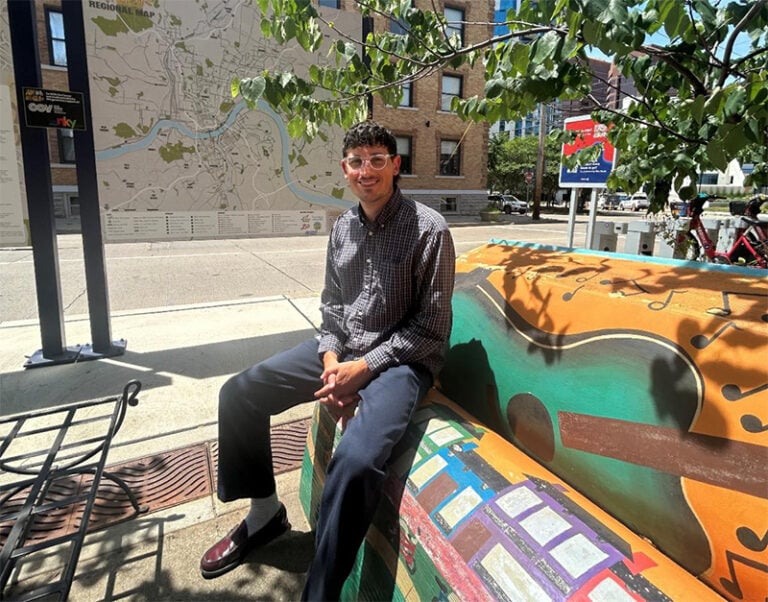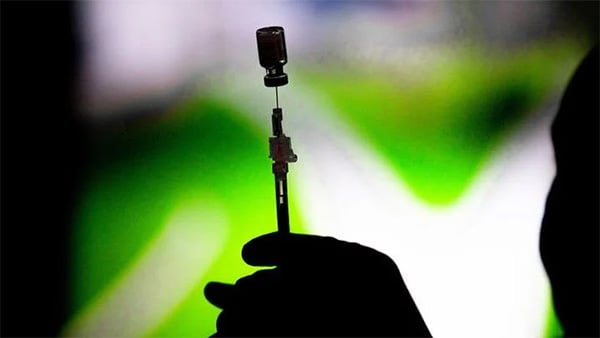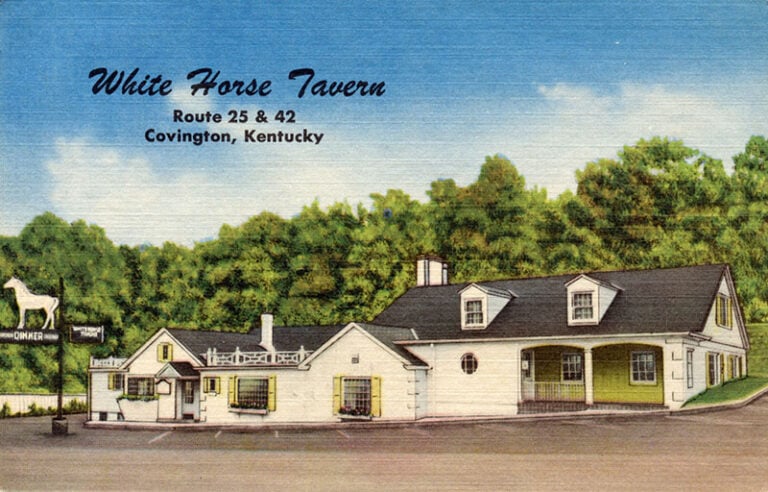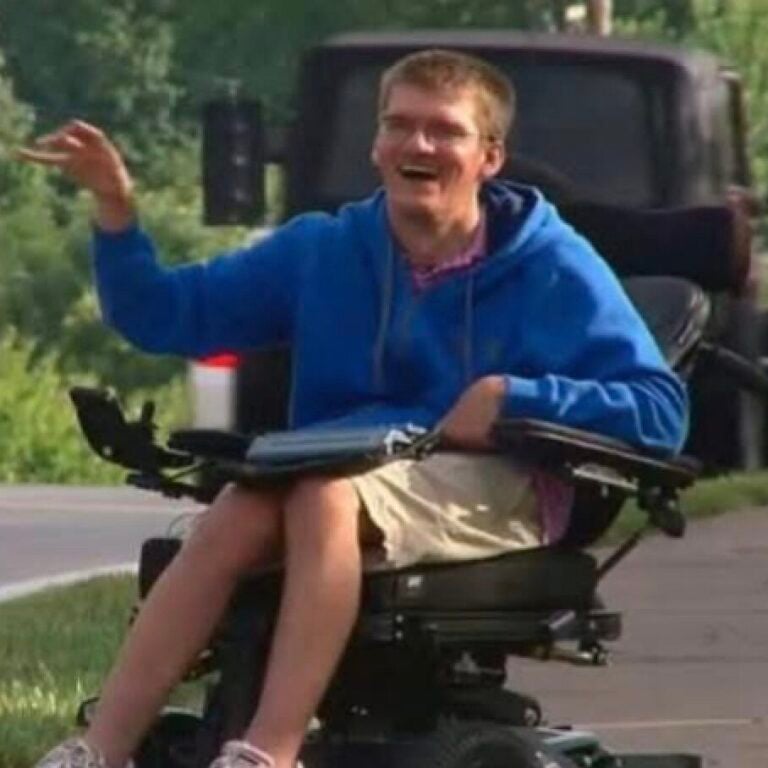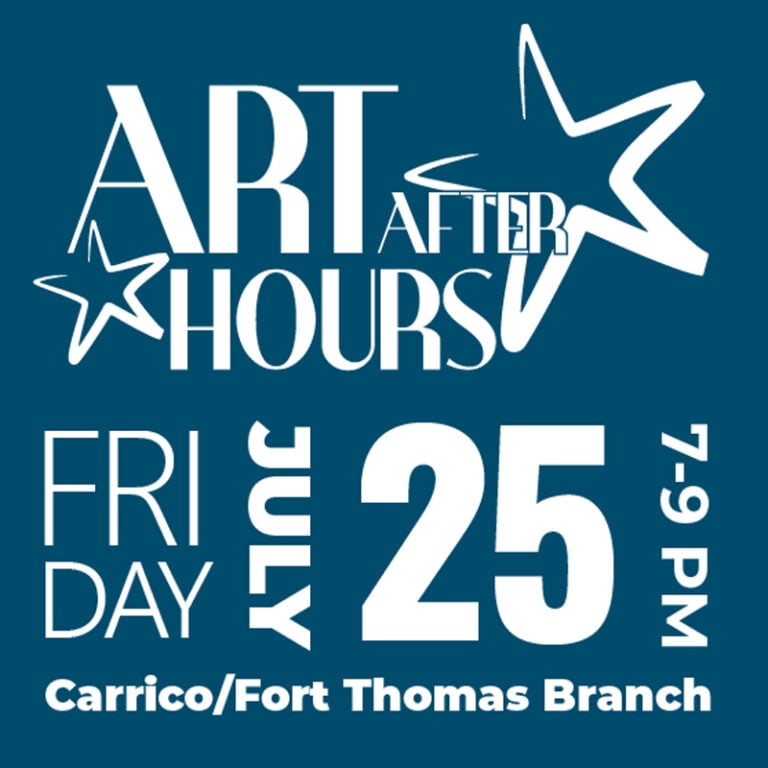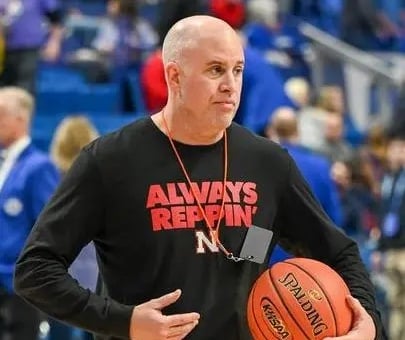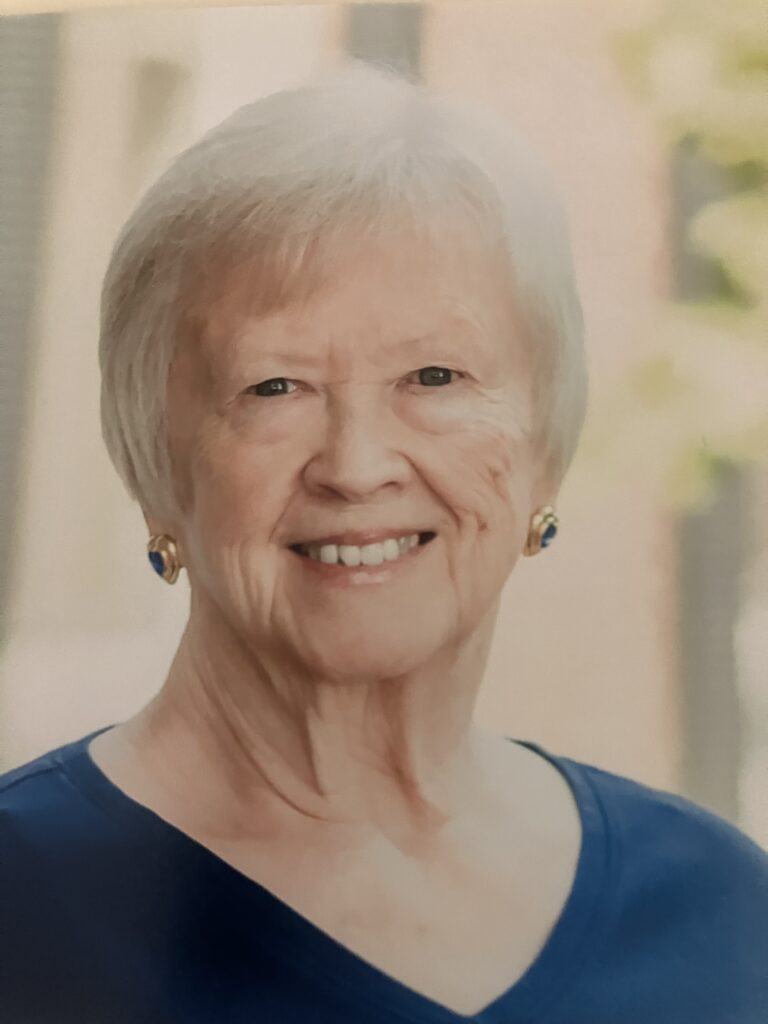Have you ever wondered why when some people are faced with death they seem to have the resolve to survive, scratching and clawing their way to survival? Do others freeze in their tracks and succumb to mortality, as if they didn’t have a choice?
Each week KyForward’s “resident riskologist” Keven Moore shines the light on America’s riskiest behaviors – from unsafe driving practices to workplace stress to common home accidents. And in the process, he provides the information needed to help people play it a little safer.
I am always intrigued and amazed when I read stories about someone successfully staring down death and refusing to be a victim. Sometimes I find it to be divine intervention, while other times I believe it is nothing more than true grit, defying the odds to survive from some brutal attack, accident or disease.
In my lifetime, I have had three such experiences, all the result of a peanut allergy that I developed in adulthood. In each occurrence, I was lucky enough to cheat death, despite going into respiratory arrest as the anaphylactic shock set in.
With the first two experiences, it was just pure luck that I was able to survive long enough for the EMTs to arrive, even though I fought for every single breath until I lost consciousness. But with the most recent event, I would have to say I was able to find ways to bend adversity and survive by pure will.
The event took place a few years back after grabbing a bite to eat at a deli after visiting a client in the Louisville area. I had ordered a sandwich, a side of potato salad and a drink, but unbeknownst to me the potato salad had nuts mixed into the recipe. I ate the sandwich in the parking lot of my car and then drove onto to I-71 toward downtown Louisville.
When I was just a couple miles from the Spaghetti Junction interchange in downtown Louisville, I took a quick bite of the potato salad. Within seconds, my body started to react to this foreign invader, and I felt my cardiovascular, respiratory and nervous systems jolt into high gear as anaphylactic shock started to set in. Speeding down the interstate in heavy traffic, no less.
I knew that I had just minutes to live, and I remember telling myself “not today.” A sudden calmness took over, enabling me to play out every option in my head before my body shut down. While a hospital was a straight shot north once I crossed the bridge into Indiana, I knew that there was construction. So I chose to head south and a different hospital, even though I would have to navigate across multiple lanes of traffic and then contend with the very confusing one-way streets of downtown Louisville.
My ace in the hole was the epinephrine autoinjector, or EpiPen, in my briefcase resting in the trunk, but I knew it would be difficult to get to while navigating through Spaghetti Junction, where there wasn’t any options to pull off to the side of the road.
As I was about to exit off the interstate, I connected to Indiana 9-1-1 and then had to wait another 30 seconds for them to connect me over to Jefferson county 9-1-1 to tell them of my situation. I could see the hospital from across the interstate and traffic was heavy, and with the one-way streets I knew that I was going to have to break a few traffic laws to get there.
I still had 9-1-1 on the line as they were dispatching a unit to find me, but by this time I was unable to speak to give them my exact location — and I was driving the wrong way down a one-way street, running red lights along the way. I ended up right in front of a hospital emergency entrance so I pulled into their restricted parking area; which caused the security guard to come chasing after me. I tossed him my keys as I used what little energy I had left in my oxygen-deprived body to make it into the lobby where I collapsed on the floor.
From there, it was almost like an out-of-body experience. I could hear the orders being given by the doctor and I could tell by his tone that he seemed worried. I could hear him call for the crash cart to be ready as they waited for the drugs to reverse the havoc the peanuts had caused. More importantly, I could tell that I was going to make it because I could slowly feel the double does of Epinephrine, Benadryl and whatever else they gave me, slowly begin to work through my veins.
The lesson I learned from these experiences is that you can never be too prepared. You must remain focused and calm; if you panic or lose composure, you are squandering precious energy needed to survive.
Much research has been conducted on the effects of the human body under the stresses of deadly battle and the impact on the nervous system, heart, breathing, visual and auditory perception and memory. Just like the “surviving deadly force” training that many police officers receive, you have to will yourself to survive.
Much of this training focuses in on physically winning and surviving dangerous encounters and being prepared for any situation. The focus is not only on the tactics to take on bad guys, but also the mental aspects of combat and especially the aftermath of violent encounter. Officers are trained if seriously or gravely wounded how to calmly slow down their breathing, which in turns slows down the heart rate, which then slows down the amount of blood loss.
The lesson I learned from these experiences is that you can never be too prepared. You must remain focused and calm; if you panic or lose composure, you are squandering precious energy needed to survive.
Mental imagery is another tactic you can use to help you play out different scenarios prior to a possible life-threatening event. Whether I have my EpiPen or not, I often will select a stranger in a restaurant for assistance if, while eating alone, I eat something that had been cross-contaminated with nuts. When I am in an unfamiliar town or city, I will even make sure I know where the nearest hospital is before I begin a meal.
It’s natural to experience fear; it is also natural to experience anxiety in these situations. Anxiety can cause us to be uneasy and apprehensive when we facie dangerous situations. When used correctly, anxiety pushes us to act to overcome the dangers that threaten our existence. However, anxiety can also overwhelm to the point where we become easily confused and unable to think correctly.
Fear and anxiety is what we must overcome to survive dangerous situations. To survive a dangerous situation, we must prepare, train and learn techniques to calm our anxieties where they aid a situation, not hurt. This is where education and training comes into play, and why our military, police officers, firefighters, pilots and even flight attendants train and train .. and then train again. Many of these professionals will never experience the worst-case scenario but will train for it so that when faced with such danger their reaction is more naturally instinctive and reflexive.
As a safety and risk management professional, I have learned that you must visualize known and unknown risks and be prepared to respond at a moment’s notice. If you walk into an crowded restaurant or movie theatre, do you know where the exits are located? When you are on a plane, do you count the number of rows to the exit or request the exit seat?
If you are walking alone in a parking lot, do you have your keys ready, car panic alarm handy, an escape route picked out? If an active shooter walks into your place of business do you know how to escape or shelter in place?
The art of survival is not about being fearless, it’s about making a decision to live and doing whatever it takes to to that end. Time doesn’t stand still and seconds may matter. The difference between a survivor and a victim is that the survivor decides to be the victor.
For me, being a survivor was buoyed by hope of something to live for, as it was that afternoon with my three beautiful children and a wife that still needed me.
Be safe, my friends.
Keven Moore works in risk management services. He has a bachelor’s degree from University of Kentucky, a master’s from Eastern Kentucky University and 25-plus years of experience in the safety and insurance profession. He lives in Lexington with his family and works out of both the Lexington and Northern Kentucky offices. Keven can be reached at kmoore@roeding.com.








